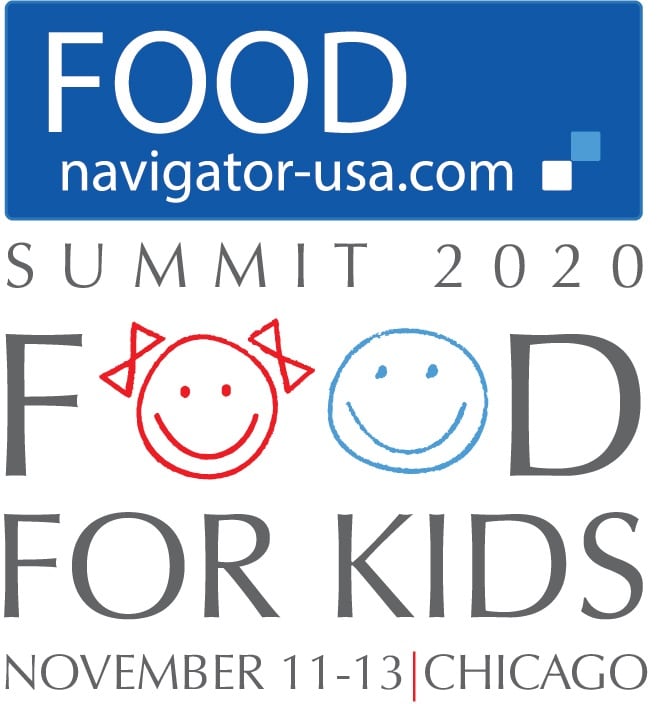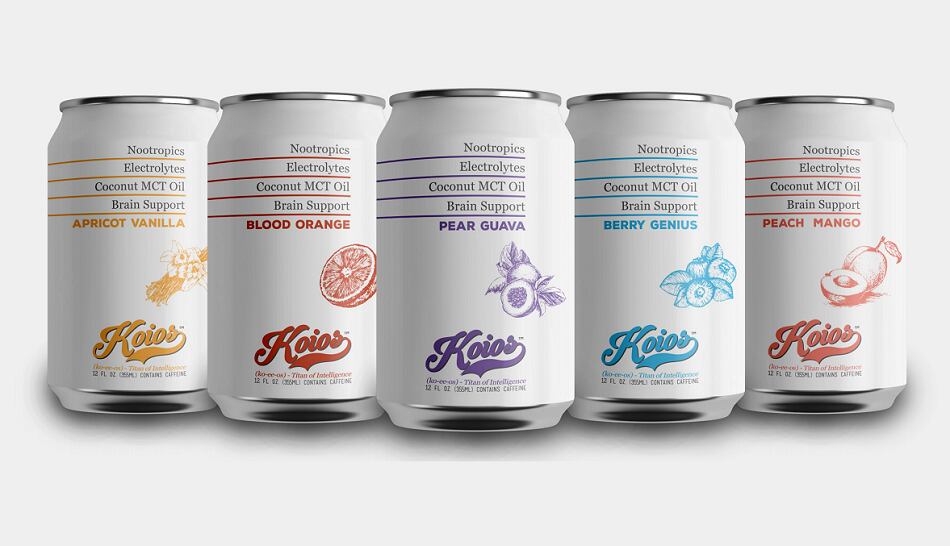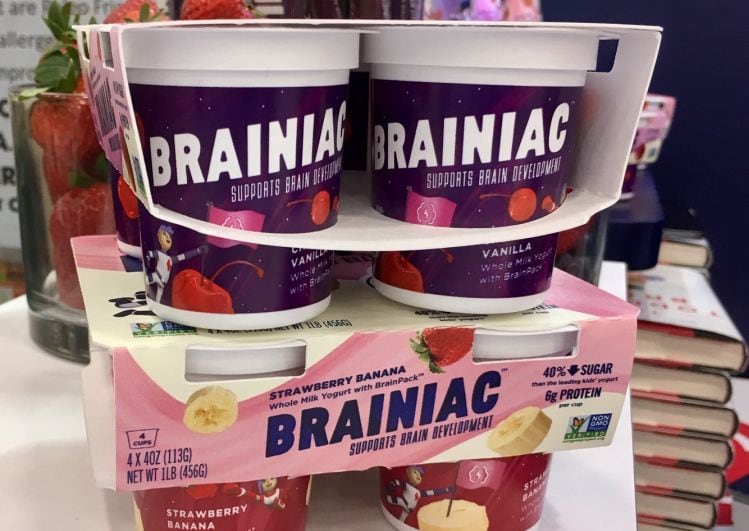According to the study’s findings, published in The Lancet Child and Adolescent Health journal, teens are more prone to making poor eating choices than younger age groups whose dietary patterns are more influenced by their parents and caretakers.
The prefrontal cortex—the area of the brain in charge of making executive decisions – isn’t fully developed until people reach their early- to mid-20s and is largely influenced by nutritional choices (among other factors such as heredity and environment), according to a 2013 study.
Research also shows that teens' decision making skills are most in flux during adolescence, making them more susceptible to forming unhealthy eating habits and making poor food choices.
Heightened reward sensitivity can lead to preference for junk food
According to researchers, excessive consumption of calorie-dense foods can lead to changes to function and structure of prefrontal cortex.
In 2019, researchers outlined a neurocognitive model describing how prefrontal cortex inputs can drive the excessive consumption of hyperpalatable calorie-dense foods.
“Over time, the persistent and excessive consumption of calorie-dense foods can lead to enduring changes in the structure and function of the prefrontal cortex, including altered dopamine signaling and inhibitory neurotransmitter systems within this area of the brain. This alteration leads to impaired cognitive control, further driving the persistent and excessive intake of hyperpalatable calorie-dense foods,” wrote researchers in the study.
Additionally, teens have increased dopamine receptors, which can make consumption of sweet and calorie-dense foods feel like a more “rewarding” experience and lead to a pattern of unhealthy food choices, according to the study.
“This process explains why rewarding behaviors, including consumption of palatable foods, are frequent in young people."
The role of the food industry
Easy access to nutritionally poor food and beverage products plays a role in adolescent eating behaviors, the study noted.
“The industrialization of food production has led to the mass development of cheap and appetitive food items that are heavily marketed in a way that exploits hedonic responses, thereby driving excessive purchasing and consumption.
“Pervasive marketing of calorie-dense foods in combination with their ubiquitous presence in the modern environment can potentiate over consumption.”
Improving adolescent eating habits
Because teens are more prone to voracious appetites due to significant physical changes to their bodies (e.g. growth spurts, muscle mass development), weight gain can be less apparent while still having negative impact on brain development and healthy eating habits.
Researchers proposed that in order to improve eating habits during adolescence, there should be a stronger emphasis on diet quality rather than measuring health solely on BMI measurements.
“The available evidence highlights that clinicians and researchers need to shift the focus from body size and obesity to diet quality itself,” said researchers.
“Nevertheless… diet quality can have severe and detrimental impact on the developing brain, and focus should be drawn to understanding and intervening during this period of susceptibility.”
ATTEND THE FOOD FOR KIDS SUMMIT 2020
What's the brain health and nutrition connection among kids and teens? Where is the research leading us, and what can the industry due to improve access to better, more nutritious food? Explore these topics at FoodNaviagator-USA's third annual FOOD FOR KIDS summit taking place in Chicago on Nov. 11-13. And stay in the loop on event updates by filling out this form.





